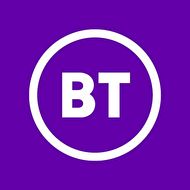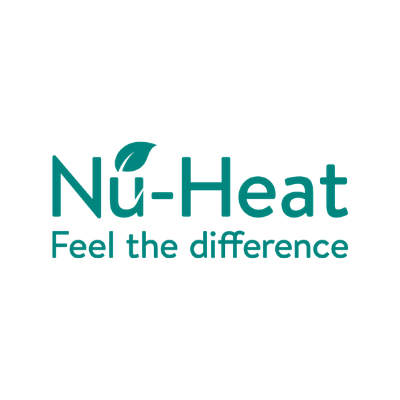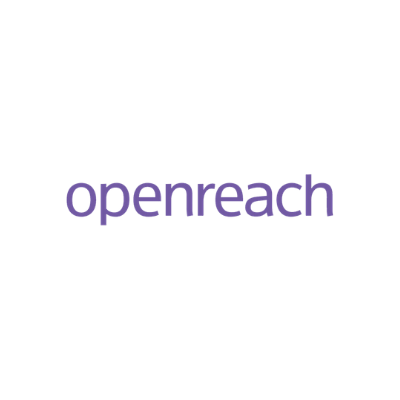When BMW Group used National Customer Service Week to spread its service culture across 153 retail sites, the results took everyone by surprise. BMW Group is one of the most recognised motor manufacturers in the world. Last year, the company sold 130,000 BMWs, 60,000 MINIs and 8,000 motorcycles in the UK alone. In fact, there are around two million BMW drivers across the country, with new sales every day.
Culture is the biggest challenge
As premium brands, BMW and MINI’s customers expect consistently exceptional customer service, and as General Manager for Customer Experience, it’s Mark Crandon’s job to deliver just that. Along with his team, Mark supports and manages BMW Group’s relationship with 153 retail centres around the UK. This means there are roughly 11,000 people in a variety of roles, largely working for independent companies, who need to live and breathe BMW and MINI’s culture. “We have standards and franchise agreements which means that the centres look right and everyone is trained to a high level,” explains Mark. “However management and consistency of culture is a soft, intangible element that varies, so this is the biggest challenge for us.”
Championing the cause
To support that process, BMW and MINI have been members of The Institute of Customer Service for six years, drawing upon its information, guidance and research. Mark says BMW and MINI are firmly aligned with The Institute’s ethos: “They champion the cause for customer experience. There’s real value in being able to look across industries and see the trends, initiatives and innovations in other sectors, and how that compares with our own operations. The Institute produces rankings every six months and these are great for us to measure ourselves against, not just within the automotive industry but with other fantastic brands in the retail sector. Customers compare us to all their retail experiences, not just buying cars.”
Energising the organisation
In October 2014, BMW decided to take part in National Customer Service Week (NCSW). As a week-long opportunity to motivate and engage employees while raising awareness of customer service, Mark and his team saw the huge potential for NCSW to remind dealership staff of the importance of putting the customer first. He says: “All our centres pride themselves on the effort they place on customer experiences; it’s something that’s continually evolving. NCSW was a great opportunity to pull together everything we’ve been doing in the customer area over last couple of years, introduce new ideas and really energise our organisation. I met with The Institute’s Account Director, Sue Hopson, who took us through the process, so when we then set up our own internal workshops to develop themes for the week, we had a good understanding about what it would entail.”
Mark’s team created the role of a Customer Ambassador at each site, and sent out 190 NCSW kits full of motivational games and activities. For the centre’s employees there were guides and instructions, coupled with live webinars hosted by company directors each day, and a microsite where they could share best practice, get resources, read inspiring stories and gain ideas from other industries. A daily ‘director’s challenge’ gave the opportunity to win prizes, like champagne, an iPad or a BMW i8 for the weekend. “Although the team hoped the initiative would be embraced, the volume of the response was unexpected.”
An incredible response
Immediately, the microsite exploded with activity, as NCSW caught the imagination of dealership teams across the UK. “We could not have predicted what an incredible response we would have from our retail network,” recalls Mark. “We had over 16,000 page hits, 4,000 separate users logging in, over 500 photos uploaded, 120 videos and 180 blog stories. One centre put together an incredible video that highlighted the efforts they’d gone to that week to give customers great experiences. In fact, the microsite was so busy that we had to change the hosting before it crashed.”
To round off the week in style, one person from each centre was nominated for their customer service. BMW invited eight regional winners to its national dealer conference, and presented them with The Institute’s official trophy for customer service.
Small things make a big impact
The goal for Mark was to use NCSW to engage retailers and embed customer focus for the long-term. This is exactly what has happened. The microsite, which started out as a week-long initiative, soon became a longer term resource. He says: “The microsite’s a great tool. There was a huge outcry to leave it live, so we extended the project and intend to use it as a more permanent platform for people to share ideas.”
Mark believes it was important that BMW and MINI took time to celebrate all efforts on customers’ behalf, no matter how small. “We learnt a lot about what we can do better. It hasn’t just been about big picture customer service ideas. For example, one customer mentioned that they couldn’t enjoy the complimentary pastries at the dealership as they were gluten intolerant. The next day, without prompting, a team member went out and bought gluten-free alternatives. Small things like that make a big impact on how customers feel about you, and that’s the culture we want at all our sites.” Mark is delighted with the impact of the activity, and his team are already busy planning for the next National Customer Service Week. He concludes: “We’ve had a lot of positive feedback in our customer experience training. People are already asking me what we’re doing this year!”






